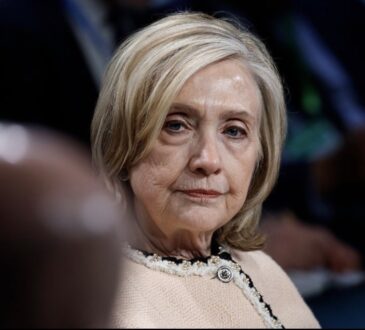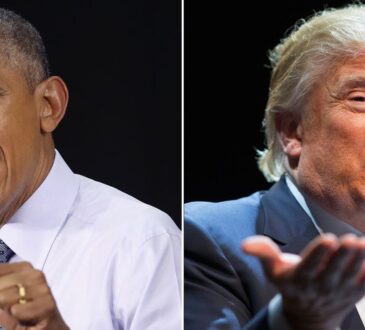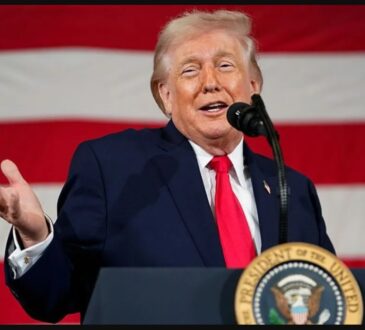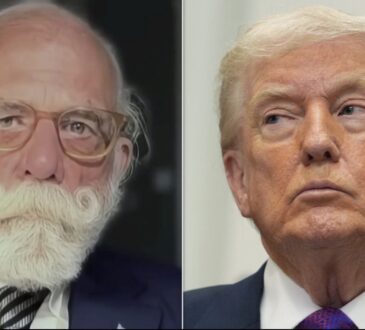
During his 60 Minutes interview, Donald Trump got into a tense back-and-forth with journalist Norah O’Donnell over the rising cost of groceries in America, a topic that’s been a major concern for families across the country. O’Donnell brought up the fact that grocery prices are still going up, noting how everyday essentials like milk, bread, and vegetables have become more expensive for many Americans. Trump immediately pushed back, shaking his head and interrupting her. “No, you’re wrong,” he said firmly. “They went up under Biden. Right now they’re going down… our groceries are down.” He spoke confidently, suggesting that prices were improving under his leadership and that the situation had been worse under President Joe Biden.
However, this claim was quickly challenged by fact-checkers who said the data doesn’t support what Trump said. According to the latest Consumer Price Index figures, grocery prices rose another 0.3% between August and September. Over the past year, prices have gone up by roughly 2.7%, which means food is still becoming more expensive, not cheaper. Analysts pointed out that while inflation has slowed compared to the peak levels seen during Biden’s first term, the cost of basic goods remains high, and many households are still struggling to afford groceries.
The exchange between Trump and O’Donnell quickly spread online, with clips from the interview going viral across social media platforms. Many viewers accused Trump of deliberately twisting facts to make his presidency look better, saying this was part of a larger pattern of denial and deflection. One user on X (formerly Twitter) commented, “What’s the point of interviewing someone who lies constantly? He’ll just argue with facts and pretend they’re wrong.” Another wrote, “This is exactly what he always does. If he doesn’t like what’s being said, he just calls it false. It’s his way of controlling the conversation.”
Some political analysts also weighed in, saying the exchange shows how Trump continues to rely on confident, emotional language to appeal to his supporters, even when the data contradicts his claims. His approach often creates a divide between what experts report and what his followers believe, making it difficult for journalists to challenge him in real time.
Meanwhile, many Americans watching the interview said the debate over grocery prices hit close to home. With the cost of food, housing, and gas still high, they felt frustrated hearing a political leader claim that prices are going down when their weekly grocery bills suggest otherwise. The discussion has reignited broader questions about how politicians frame the economy, how much the public trusts official statistics, and how misinformation can spread quickly in the age of social media.
Despite the backlash, Trump stood by his statement after the interview, repeating that prices were falling and that his administration had handled the economy better than his predecessors. Critics say his insistence, even in the face of clear data, shows how deeply divided public perception of the economy has become — and how much truth itself has turned into a political battlefield.




